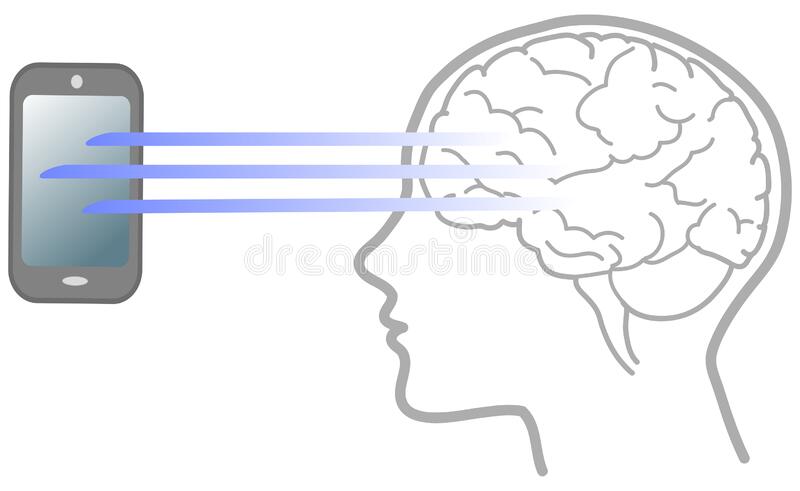In today’s digital age, mobile phones have become an inseparable part of our lives. From staying connected with loved ones to accessing information at our fingertips, these devices offer convenience and instant communication. However, concerns have been raised about the potential effects of mobile phones on the brain. In this blog post, we will explore the topic and delve into the scientific research to uncover the truth behind the impact of mobile phones on the brain.
-
- Electromagnetic Fields and Radiation:
One of the primary concerns regarding mobile phones is the exposure to electromagnetic fields (EMF) and radiation. Mobile phones emit non-ionizing radiation, which is different from the ionizing radiation that can cause damage to cells. Numerous studies have been conducted to assess the effects of this radiation on the brain, and the consensus among scientific experts is that there is no conclusive evidence linking mobile phone use to harmful effects on brain health.
-
- Heating Effects:
Mobile phones emit a small amount of heat, primarily near the antenna area during extended calls. While this heating effect is minimal and generally considered safe, it is advisable to use hands-free devices or speakerphones when making long phone calls to minimize exposure.
-
- Cognitive Function and Memory:
Some studies have investigated the impact of mobile phone use on cognitive function and memory. The results have been mixed, with some studies suggesting a potential correlation between heavy mobile phone use and minor cognitive effects. However, it’s important to note that the majority of studies have not found any significant adverse effects on cognitive function or memory due to mobile phone use.
-
- Sleep Disturbances:
The blue light emitted by mobile phone screens can affect sleep patterns by suppressing the production of melatonin, a hormone that regulates sleep-wake cycles. Excessive mobile phone use before bedtime has been linked to difficulties falling asleep and disrupted sleep quality. To mitigate these effects, it is recommended to limit mobile phone usage in the evening, especially close to bedtime.
-
- Psychological Impact:
Mobile phones have become a constant source of notifications, messages, and social media updates, leading to increased reliance and potential addiction. Excessive use can contribute to feelings of anxiety, stress, and reduced well-being. It is crucial to establish a healthy relationship with mobile phones by setting boundaries, taking regular breaks, and engaging in other offline activities.
Conclusion:
While the impact of mobile phones on the brain is a topic of ongoing research, current scientific evidence suggests that the effects are generally minimal and inconclusive. Mobile phones emit non-ionizing radiation, which is not linked to significant health risks. However, it is advisable to practice responsible mobile phone usage, such as minimizing exposure to radiation and blue light, setting boundaries, and prioritizing offline activities. As technology continues to advance, it is important to stay informed about the latest research and guidelines regarding mobile phone usage and brain health.
Remember, maintaining a balanced and mindful approach to mobile phone use, along with adopting healthy lifestyle habits, contributes to overall well-being. Stay informed, make informed choices, and enjoy the benefits of mobile technology while taking care of your brain health.








